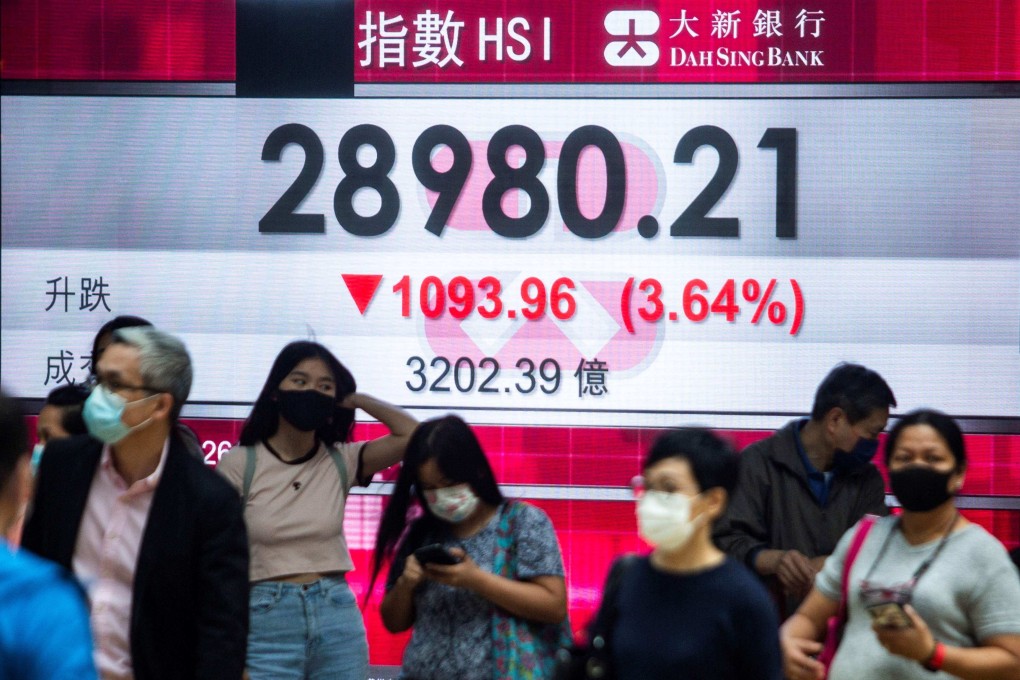Advertisement
Letters | Why Hong Kong trumps Shanghai and Shenzhen despite raising tax on stock trades
- Hong Kong is still the best choice for Chinese firms wanting to raise foreign capital in the country given the city’s free flow of information and Western judicial system
Reading Time:2 minutes
Why you can trust SCMP
0

After Financial Secretary Paul Chan Mo-po proposed in the 2021-22 financial budget to increase the stamp duty on stock transactions, some critics suggested the move would decrease stock market turnover and take its toll on Hong Kong’s initial public offering market (“Why Hong Kong’s higher stock trading tax has solid support”, March 27). However, these worries seem overblown given the market’s unparalleled appeal to Chinese companies.
Hong Kong has long been a popular listing destination for Chinese companies, especially in recent years. According to Hang Seng Index data in February, 28 out of 52 of the index’s constituents are mainland companies, showing that China-related firms dominate Hong Kong’s stock market.
There are several factors which have helped Hong Kong assume this unique role. First, the Hong Kong stock exchange has made it convenient for overseas issuers to apply for a secondary listing on the main board. The Hong Kong Exchanges and Clearing website states that secondary listings are subject to less stringent regulations than primary listings.
In addition to the stock exchange establishing a welcoming environment for companies to go public in Hong Kong, Chinese firms’ demand for a secondary listing in the city has been boosted by deteriorating US-China relations and anti-Chinese sentiment in the US.
Last year, the Hong Kong stock exchange recorded a 10-year high in fundraising because of a surge in secondary listings by US-listed Chinese companies. Hong Kong’s IPO market will continue to benefit from the return of Chinese companies to their home market.
Mainland China has two major stock exchanges – in Shanghai and Shenzhen – but they will not claim the lion’s share of the IPO market from Hong Kong. The city remains the optimal choice for Chinese companies looking to raise foreign capital in the country given it is still the only special administrative region in China that has a free flow of information and a Western judicial system.
Advertisement